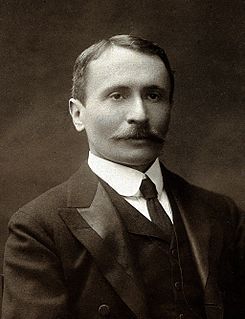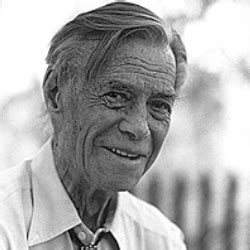A Quote by Sushma Swaraj
Sanskrit language and the subjects in Sanskrit are both vital alike.
Related Quotes
The labours I devoted between 1888 to 1900 to the critical edition, translation and commentary of Kalhana's Rajatarangini, the only true historical text of Sanskrit literature, afforded me ample opportunities of gaining close contact with Sanskrit savants of Kashmir, the land where traditional learning of Hindu India had flourished in old times greatly and survived until recent years.
The air they breathe, being a living element with both physical and psychical properties, carries a subtle vital energy. This in India is named by the Sanskrit word prana; in Tibet it is called sugs, in Aikido, Japan, ki, and in China, chi. By controlling its circulation throughout the body, man is able to attain spiritual enlightenment or illumination.

































